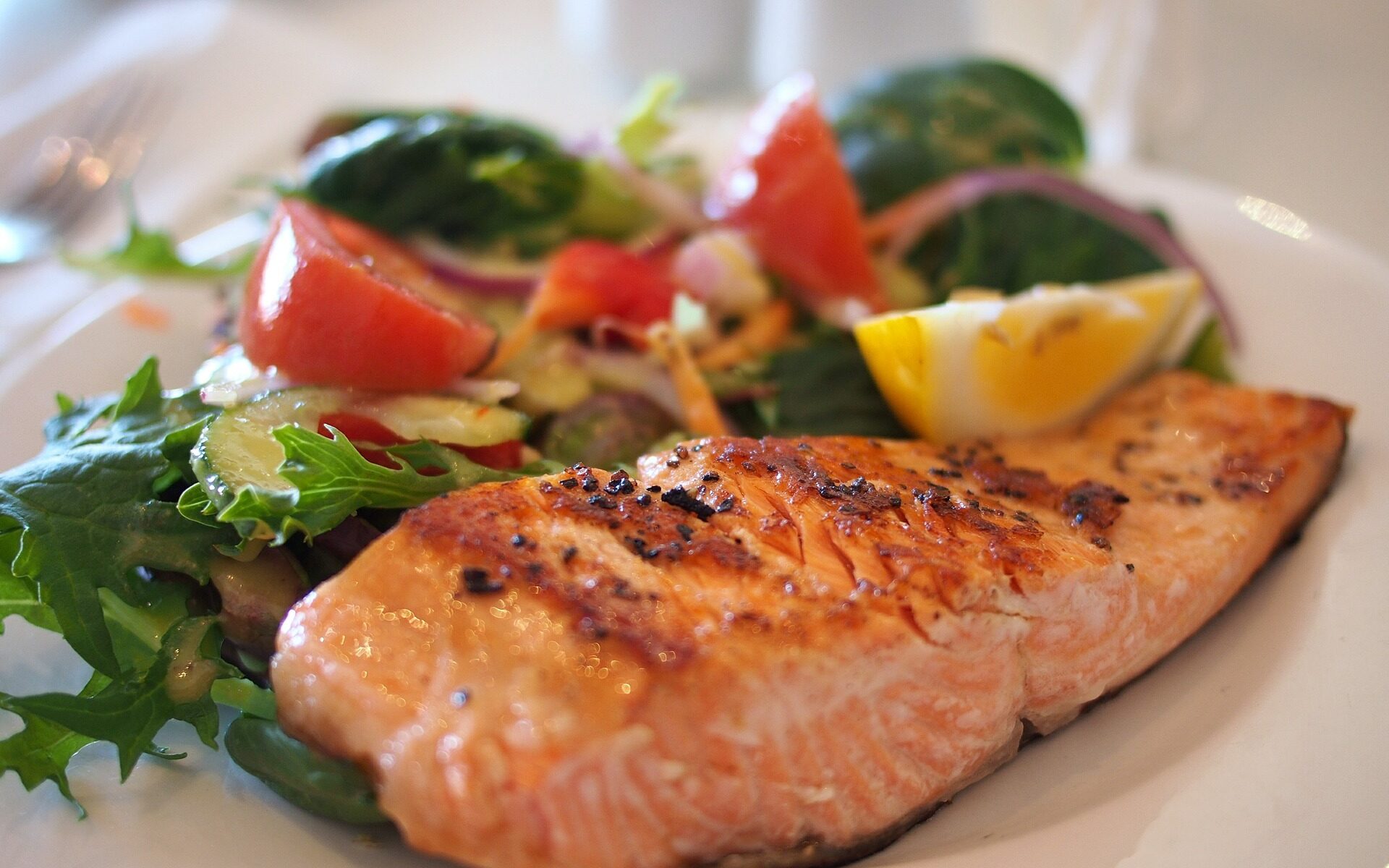Paulette McMillan, MS, RD, LDN, CDE, L.Ac., Dipl.OM, is the co-founder of the Center for Health and Wellness.
She is a registered dietitian and licensed dietitian/nutritionist, a certified diabetes educator, a licensed acupuncturist, and is board certified in oriental medicine with a master’s degree in Human Nutrition and Functional Medicine.
Ms. McMillan recently took time from her practice to chat about prediabetes from the viewpoint of a nutritionist and diabetes educator.
What’s the difference between an RDN (Registered Dietician Nutritionist and a CDE (Certified Diabetes Educator) when it comes to the dietary needs of a prediabetic?
Both are qualified to work with people with prediabetes. The difference is someone who’s a certified diabetes educator has to have a degree in heath care to qualify for the certification. Most CDEs are registered dietitians and nurses. However, there are pharmacists, social workers, medical doctors and other healthcare professionals.
An RDN has at least an undergraduate degree in nutrition and has completed a practice program, or internship, to qualify to take the RD exam. About half of RDNs also have master’s degrees. But they do not have to have a specialty in diabetes education.
Do you consider them equal in their expertise when it comes to instructing prediabetics on food choices?
Depends on the individual, depends on the experience that person has. One doesn’t have to be a CDE to have worked in a clinic where there might be a lot of people with diabetes or prediabetes. So it really depends on their clinical experience.
Should prediabetics visit an RDN or CDE to get guidance on their prediabetes journey and if so, why?
I would say absolutely. Because prediabetes is reversible and if you wait until you have diabetes, which is sometimes the case, you really can’t reverse diabetes. By then the pancreas is already weakened to the point that they may be able to control it with diet and lifestyle but they will always have diabetes.
This is how I explain it to people: If you don’t have diabetes you can eat a piece of cake and your blood sugar will stay normal. If you have diabetes, even though you have controlled it by eating a low carb diet and now you have great numbers, as soon as you eat a piece of cake, your blood sugars go out of normal range.
With prediabetes you could actually reverse it and conserve your pancreas, your beta cell function.
The other point I want to say about prediabetes is that, once you have prediabetes, you are now at higher risk for cardiovascular disease, so you definitely want to reverse this risk.
What is your definition of the keto diet? (how many carbs a day)
You know I don’t have that on the top of my head but, bottom line, it is a diet that has no more than 20 to 30 grams of net carbs, and most of the calories come from fat. There are specific ratios you’re supposed to use to do the ketogenic diet properly.
What are your thoughts on the ketogenic diet for prediabetics?
When somebody walks into my office and they’re prediabetic and they’re morbidly obese, and they tell me that nothing they do works to lose weight, the keto diet might be a great option for them. If they’re willing to do it.
If the client is truly motivated to start keto, I explain to them that they must commit to the diet for a certain amount of time, like 3 to 6 months, because it takes at least 3 weeks before the body starts burning body fat as energy. So if they choose to play games and go in and out of ketosis, they are not really doing themselves any favors metabolically. They will actually lose a greater percentage of muscle.
After that, I explain to them that if they’re someone who is truly sensitive to carbohydrates, they may never be able to eat the amount of carbs that someone who has no problem metabolizing carbohydrates can eat. So if they’re in keto at 30 grams of net carbs daily, they might be able to get up to a 100 or 130 grams of carbs a day, and that might be where they have to stay to maintain a healthier weight. In comparison, a man who is not prediabetic might eat 300 carbs or more a day, and a woman might eat 250 carbs a day.
What is your definition of a low carb diet? (how many carbs)
I give someone 150 grams of carbs a day, and I don’t count the carbs in nonstarchy vegetables, like broccoli or spinach, but I would definitely count the carbs in starchy vegetables like potatoes or corn.
I ask them to spread the 150 carbs evenly throughout the day, so they can’t save them up and eat them all at one or two meals. Think of it like this, if you have prediabetes that means your pancreas isn’t working at 100%. It’s kind of like weightlifting, you might be able to do 15 reps of 30 pounds each but can’t lift all 450 lbs at once.
If they’re comfortable going a little lower, 100 to 130 carbs a day, that’s fine. It’s just so individual and it’s not just about the quantity of carb but also the quality. If you’re eating a piece of cake or a piece of white bread it’s not the same as eating a whole grain or sweet potato or something more natural and less processed.
What are your thoughts on a low carb diet for prediabetics?
I think it’s a good place to start with clients, to help them understand carbohydrates. We want them to understand carbs. However, with prediabetes it’s not just carbohydrates that we’re talking about. If they’re overeating, the first defense is to feed the body proper amounts. If they’re sedentary they have to get moving. If they don’t get moving, they’re going to stay insulin resistant and stay prediabetic. These two things are very important.
Weight loss is recommended, if they’re overweight. Not all prediabetics are overweight. As people age, they’re more susceptible to prediabetes.
Is there another way of eating, besides keto or low carb, that you prefer to recommend to prediabetics?
Yes, a Mediterranean style of eating and I do give them guidelines on what that means. I do like this approach a lot because there’s a lot of variety. It is an anti-inflammatory and nutrient dense way of eating.
Is it important to have a balance between carbs, proteins, and fats at each meal or snack? Why?
From a practical standpoint, people won’t maintain just chicken and a salad and some fat for lunch. I find that they make up for the deficit in their meal with their snacks. Often, people are eating more calories in their snacks than in their meals. When there is a balance in their meals of carbs, fat, and protein, most of the time people are more sated and they’re not looking for more food.
What are your top three general recommendations for those working to reverse their prediabetes?
It’s individual. Who is the person sitting in front of me? What is their motivation level, knowledge base and abilities?
Are they sedentary? How much activity do they do on a regular basis?
People need to get moving and the minimum requirements are 150 minutes a week of aerobic activity which is moderate walking not a stroll, two to three days of strength training per week, in addition to cardio, because we need to build up muscle mass. Muscle helps our bodies respond to insulin signals and metabolize sugar.
If they’re overweight, aim to lose five to seven % of body weight to start.
Teaching them about carb quality and balance throughout the day.
Any last suggestions for prediabetics that you’d like to share?
Look into the CDC National Diabetes Prevention Program, find a local community group who’s using it.
Also, I’d use an app like My Fitness Pal to track carbs and calories that way, whatever works for them.
And you should look at supplements. Fish oil for omega-3 fatty acids, zinc, magnesium, vitamin D – they’re important for prediabetes and for all of us.


